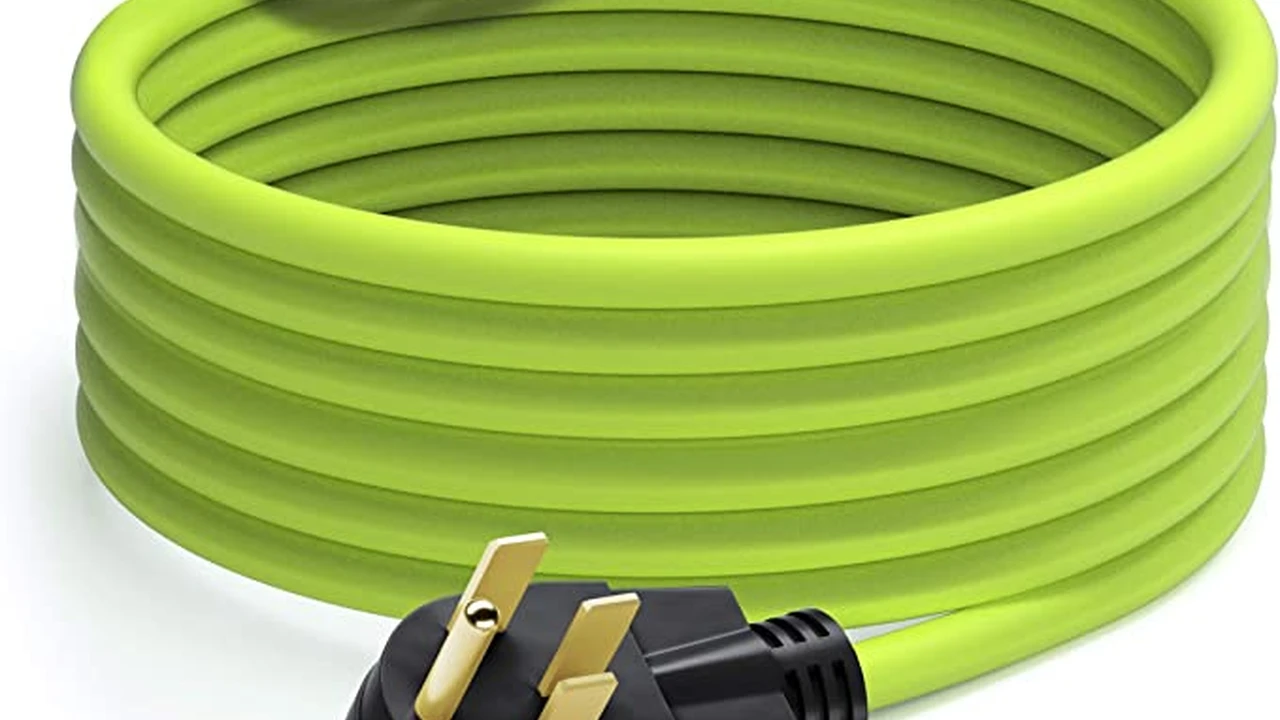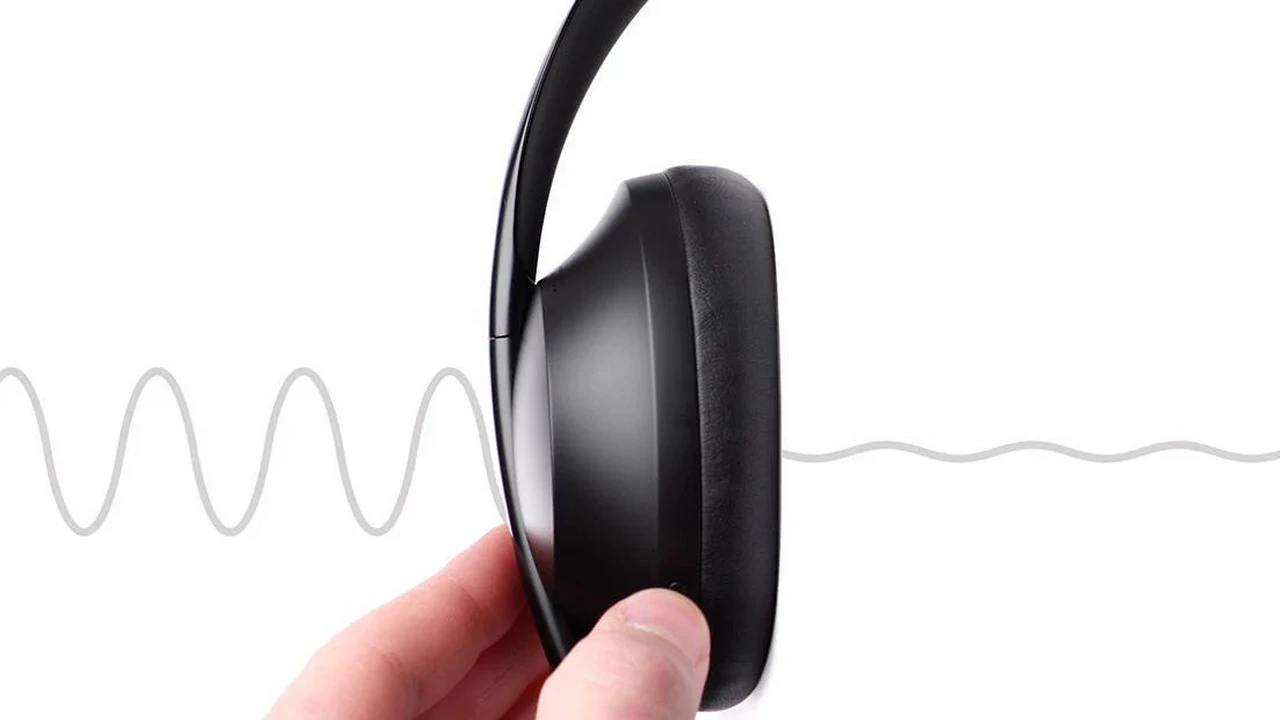Extension Cords for EV Chargers: When and How to Use Them
EV charging adapters are essential for connecting to different charging stations. Understand the different types of adapters and their compatibility. Learn how to choose the right adapter for your EV and charging needs. Charge with confidence.

Understanding the Need for EV Charger Extension Cords and Safety Considerations
So, you've got your shiny new EV and a charger, but the outlet is just...too far. The dreaded extension cord question pops up. Can you use one? Should you use one? Let's break it down. The short answer is: it's complicated, and safety is paramount. Using an extension cord with your EV charger isn't as simple as plugging in a lamp. We're talking about high-power electrical equipment, and mishandling it can lead to serious problems, from damaging your car to, well, fire.
The Risks of Using Extension Cords with High-Power EV Chargers Potential Hazards
Why the hesitation? Extension cords are designed for specific amperage loads. EV chargers, especially Level 2 chargers, draw a significant amount of current. Using an undersized or damaged extension cord can lead to:
- Overheating: Insufficient gauge wires can't handle the current, leading to excessive heat buildup.
- Voltage Drop: The voltage reaching your charger can drop, reducing charging efficiency and potentially damaging the charger or your car's battery.
- Fire Hazard: Overheated cords can melt insulation, leading to short circuits and fires.
- Damaged Charger/EV: Voltage fluctuations can harm the sensitive electronics in your EV charger and potentially your car's battery management system.
- Voiding Warranties: Some EV charger manufacturers explicitly state that using extension cords will void the warranty.
When is it Acceptable to Use an EV Charger Extension Cord? Acceptable Use Cases
Okay, so it's risky. But are there *any* situations where it's okay? Maybe, but only under VERY specific circumstances. Here's the checklist:
- Temporary Use Only: This is not a long-term solution. If you consistently need an extension cord, you need to relocate the outlet or the charger.
- Heavy-Duty Extension Cord: We're talking serious gauge here. At a *minimum*, you need a 12-gauge (or even 10-gauge for longer runs) extension cord specifically rated for outdoor use and high amperage. Check the charger's amperage rating and ensure the cord is rated for *more* than that.
- Shortest Possible Length: The longer the cord, the greater the voltage drop. Keep it as short as absolutely necessary. 10 feet is better than 25, and 25 is better than 50.
- Dedicated Circuit: The outlet you're plugging into *must* be on a dedicated circuit with sufficient amperage. Don't share it with other appliances.
- Proper Grounding: Ensure the extension cord has a proper grounding wire and that the outlet is correctly grounded.
- Visual Inspection: Thoroughly inspect the cord for any damage – cuts, frays, or exposed wires. If you see anything, *do not use it*.
- Temperature Check: After charging for a short period (say, 30 minutes), carefully feel the extension cord and the plug connections. If they're warm to the touch, discontinue use immediately.
Choosing the Right Heavy-Duty Extension Cord for EV Charging Amperage and Gauge
Let's get technical. The key is matching the cord's amperage rating to your charger's needs. Here's a quick guide:
- Charger Amperage: Find the amperage rating of your EV charger. It's usually on a sticker on the charger itself.
- Cord Gauge: This refers to the thickness of the wires inside the cord. Lower gauge numbers mean thicker wires, which can handle more current.
- Cord Length: The longer the cord, the greater the voltage drop, so you need a thicker gauge for longer runs.
Here's a general guideline (always consult a qualified electrician for specific recommendations):
- Up to 15 Amps: 14-gauge cord (short runs only, not recommended for most EV chargers)
- 16-20 Amps: 12-gauge cord
- 21-30 Amps: 10-gauge cord
- 31-50 Amps: 8-gauge cord (may require a specialized outlet and plug)
Important: Always err on the side of caution and choose a thicker gauge cord than you think you need. It's better to be safe than sorry.
Recommended Heavy-Duty Extension Cords for EV Chargers Product Recommendations
While I strongly advise against relying on extension cords, if you absolutely *must* use one temporarily, here are a few heavy-duty options to consider. Remember to verify the amperage rating and gauge before purchasing.
- Parkworld 886873 EV Charger Extension Cord 25 FT 40 Amp 250V NEMA 14-50 Extension Cord: This is a popular option specifically designed for EV charging. It's a 10-gauge cord rated for 40 amps and features a NEMA 14-50 plug and receptacle. Price: ~$100
- Conntek 1450SS2-25 25-Foot 50-Amp 125/250-Volt STW Generator Cord: While technically a generator cord, this 8-gauge cord is suitable for high-amperage applications. Ensure it has the correct plug and receptacle for your charger. Price: ~$120
- Iron Forge Cable 50 FT 10/3 Outdoor Extension Cord - 50 Foot SJTW Heavy Duty Extension Cord: This is a 10-gauge cord and it's water resistant and flame retardant. Price: ~$70
Disclaimer: I am not endorsing the use of extension cords for EV charging. These are simply examples of heavy-duty cords that *might* be suitable under very specific circumstances. Always consult a qualified electrician before using any extension cord with your EV charger.
Real-World Scenarios and Use Cases for EV Charger Extension Cords
Okay, let's paint a picture. When *might* you consider an extension cord (again, with extreme caution)?
- Visiting a Friend or Family Member: They have an outlet, but it's not quite close enough to where you need to park.
- Temporary Parking Situation: You're temporarily parked in a location where the outlet is just out of reach.
- Emergency Charging: You're in a pinch and need a small charge to get you to a proper charging station.
In all these scenarios, remember the rules: heavy-duty cord, shortest possible length, dedicated circuit, visual inspection, and temperature check. If any of these conditions aren't met, *do not use the extension cord*.
Comparing Extension Cord Alternatives Relocating Outlets and Charging Stations
Instead of relying on extension cords, consider these safer and more permanent solutions:
- Relocate the Outlet: Have a qualified electrician move the outlet closer to your charging location. This is the best and safest option.
- Install a Dedicated Charging Station: A professionally installed Level 2 charging station is the ideal solution for home charging.
- Use a Longer Charging Cable: Some EV chargers come with longer cables, or you can purchase a longer cable from the manufacturer.
These options are more expensive than an extension cord, but they provide a safer, more reliable, and more convenient charging experience in the long run.
Safety Precautions When Using EV Charger Extension Cords Grounding and Overload Protection
If, despite all the warnings, you still choose to use an extension cord, follow these safety precautions to the letter:
- Always Unplug When Not in Use: Don't leave the extension cord plugged in when you're not charging.
- Avoid Running the Cord Under Rugs or Carpets: This can trap heat and create a fire hazard.
- Protect the Cord from Damage: Don't run the cord through doorways or areas where it could be pinched or crushed.
- Use a GFCI Outlet: Plug the extension cord into a Ground Fault Circuit Interrupter (GFCI) outlet for added safety.
- Monitor the Charging Process: Stay nearby while charging and check the cord and plug connections for overheating.
- Never Use Multiple Extension Cords: Connecting multiple extension cords together is extremely dangerous.
- Consult a Qualified Electrician: If you have any doubts or concerns, consult a qualified electrician before using an extension cord with your EV charger.
The Importance of Professional EV Charger Installation Licensed Electricians
The best way to ensure safe and reliable EV charging is to have a qualified electrician install a dedicated charging station. They can assess your electrical system, determine the appropriate amperage for your charger, and install the necessary wiring and components. This is a significant investment, but it provides peace of mind and ensures that your EV charging setup is safe and compliant with local electrical codes.
Understanding Local Electrical Codes and Permits for EV Charging
Before installing an EV charger or making any electrical modifications to your home, check with your local building department to determine if permits are required. Electrical codes vary by location, and it's important to comply with these regulations to ensure safety and avoid potential fines. A qualified electrician will be familiar with local codes and can handle the permit process for you.
Troubleshooting Common EV Charger Extension Cord Problems and Solutions
Even with the best precautions, problems can still arise when using an extension cord. Here are some common issues and their potential solutions:
- Charger Not Charging: Check the extension cord connections, the outlet, and the charger itself. Make sure everything is properly plugged in and that the outlet is providing power.
- Slow Charging: Voltage drop can cause slow charging. Use a shorter, thicker gauge extension cord or relocate the outlet.
- Overheating: Discontinue use immediately and check the amperage rating of the cord. Use a heavier gauge cord or relocate the outlet.
- Tripped Circuit Breaker: The charger is drawing too much current. Use a dedicated circuit or reduce the charging amperage.
If you experience any of these problems, it's best to consult a qualified electrician to diagnose the issue and recommend a solution.
:max_bytes(150000):strip_icc()/277019-baked-pork-chops-with-cream-of-mushroom-soup-DDMFS-beauty-4x3-BG-7505-5762b731cf30447d9cbbbbbf387beafa.jpg)





 for EVs: Keeping Your Eyes on the Road.webp)
